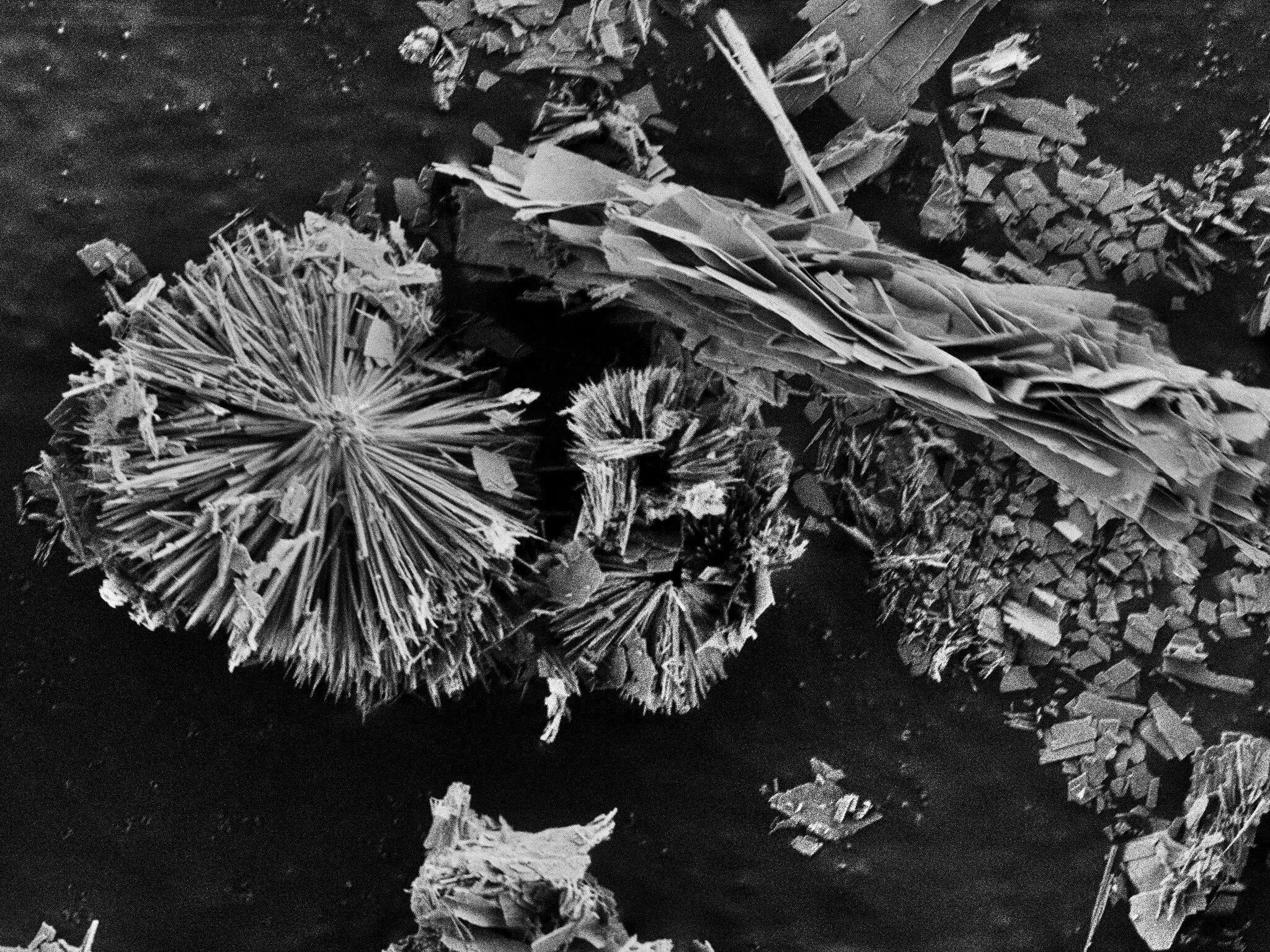In a world where the demand for renewable energy sources continues to grow, finding efficient ways to store and utilize energy is crucial. One such solution that has been gaining attention is green hydrogen, produced through electrolytic water splitting. This process involves the use of catalysts to facilitate the oxygen evolution reaction (OER), which is essential for splitting water into hydrogen and oxygen molecules.
Traditionally, nickel oxides have been used as catalysts for the OER due to their availability and low cost. However, these catalysts have proven to be less than ideal as they corrode quickly in the harsh alkaline environment of electrolyzers. This has hindered the development of efficient and cost-effective electrolyzers. Enter MXenes, a new class of materials that show great promise as alternative catalysts for the OER.
Led by chemist Michelle Browne, an international team has demonstrated the potential of functionalized MXenes as catalysts for water splitting. By chemically modifying MXenes with copper and cobalt hydroxides, the team created catalysts that outperformed traditional metal oxide compounds in preliminary tests. Not only were these catalysts more efficient, but they also showed improved stability and performance under continuous operation.
To understand why these functionalized MXenes were so effective, the team utilized a range of characterization techniques at the BESSY II X-ray source. By combining scanning electron microscopy, X-ray diffraction, X-ray photoelectron spectroscopy, and X-ray absorption near-edge structure, the researchers were able to gain valuable insights into the structure and properties of the MXene catalysts. This comprehensive approach revealed the potential of MXenes as high-performance catalysts for electrolyzers.
The research team is now focused on further chemical variations of MXene catalysts and plans to test their performance in conventional electrolyzers under continuous operation. Collaborating with partner teams from Trinity College, Dublin, Ireland, and the University of Chemistry and Technology, Prague, the team is working towards unlocking the full potential of MXenes as catalysts for water splitting. With their unique structure and properties, MXenes hold great promise for the future of green hydrogen production.


Leave a Reply